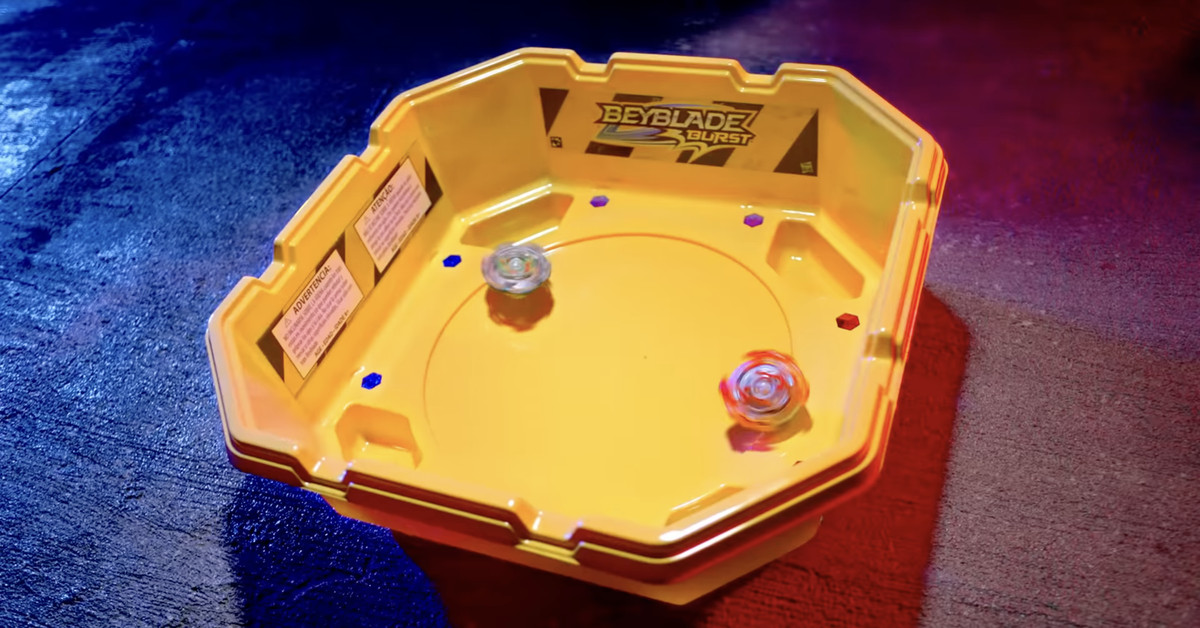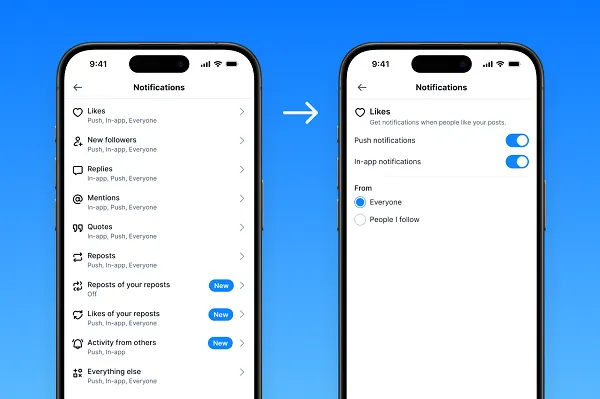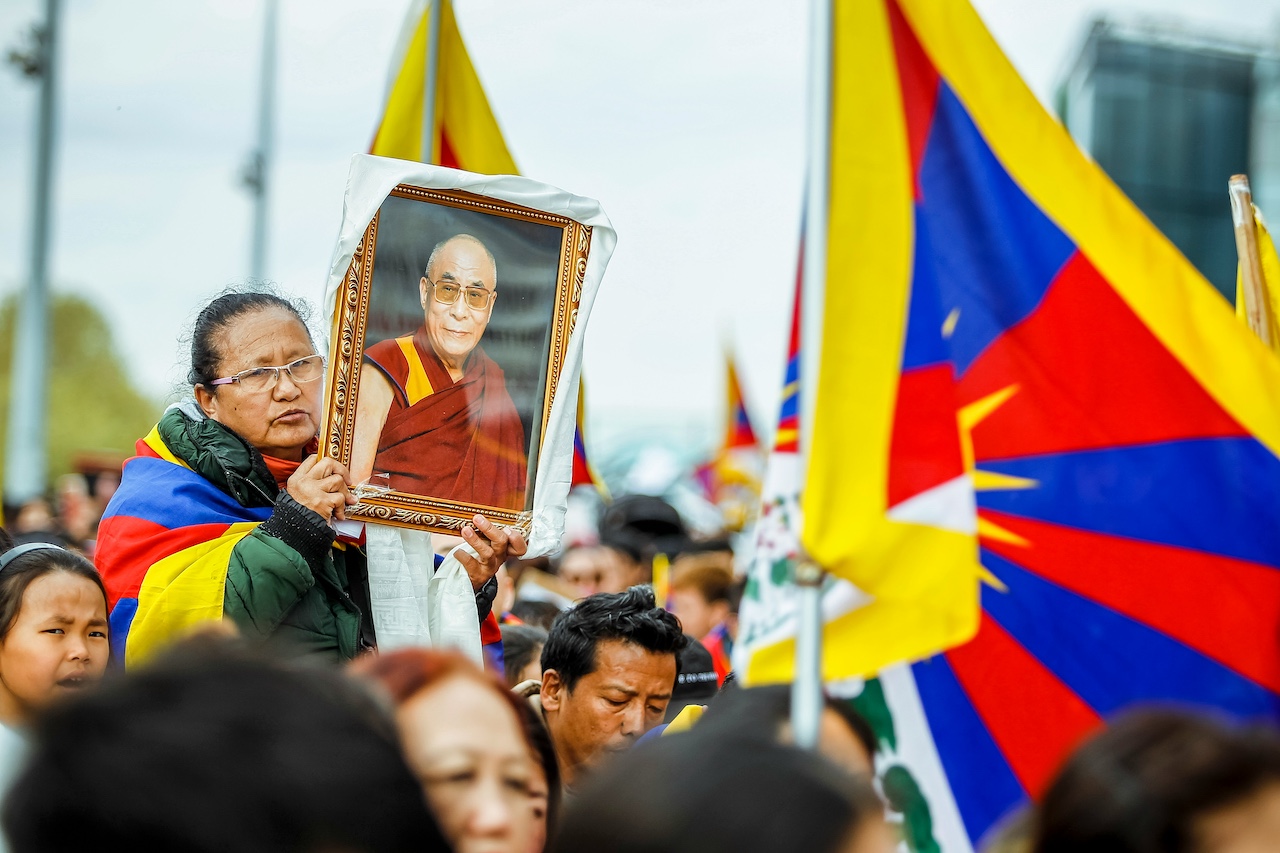Virgin Galactic’s First Commercial Flight: A Milestone in Space Tourism
The inaugural commercial trip of Virgin Galactic, created in 2004 by billionaire entrepreneur Richard Branson, is named Galactic 01. This […] The post Virgin Galactic’s First Commercial Flight: A Milestone in Space Tourism appeared first on ReadWrite.


The inaugural commercial trip of Virgin Galactic, created in 2004 by billionaire entrepreneur Richard Branson, is named Galactic 01. This historic flight is a big step toward realizing Virgin Galactic’s dream of taking well-heeled tourists to the edge of space and back. There will also be an astronaut instructor and two pilots on board to guide the trio of Italian Air Force and National Research Council of Italy (CRN) officials.
Virgin Galactic takes a different method than its rival, Blue Origin, which launches its capsules into suborbital space via a vertical rocket. Their VSS Unity spaceship travels to terra firma by piggybacking on a specialized plane dubbed VMS Eve, sometimes known as the “mothership.” Unity separates from VMS Eve at about 50,000 feet, whereupon it starts its engine.
For Virgin Galactic, the success of this first flight is crucial. It’s a big chance for the corporation to show that its suborbital spaceplane is safe and dependable, which will pave the way for future commercial flights. Virgin Galactic plans to launch its second commercial voyage in August, with further flights scheduled on a monthly basis. The company has a waiting list of roughly 800 paying clients, many of whom have paid $250,000 or less for a ticket.
Virgin Galactic has had a rocky road to travel. After the first crewed voyage in July 2021, Branson faced setbacks when the business flew beyond of its designated airspace. Virgin Galactic was given the go-ahead to proceed with commercial flight preparations after a comprehensive review. They made substantial headway in May when they accomplished a second crewed flight.
The thirteen scientific payloads on board Galactic 01 will take use of microgravity to investigate the impact of spaceflight on a wide range of substances, from liquids to human tissue. Lieutenant Colonel Angelo Landolfi, representing the Italian Air Force, Lieutenant Colonel Pantaleone Carlucci, an engineer from the CNR, and mission commander Colonel Walter Villadei, who received astronaut training at NASA via Axiom Space in 2021, will make up the crew for this historic voyage. Colin Bennett, Virgin’s chief astronaut trainer and a veteran of the company’s inaugural crewed mission, will accompany the duo.
Kelly Latimer and Jameel Janjua will pilot the VMS Eve plane, while Mike Masucci and Nicola Pecile will pilot the VSS Unity satellite. The entire trip to the edge of space should take around 90 minutes, and the astronauts will get to float around for a few of those minutes. Before returning to Earth, they will take advantage of this once-in-a-lifetime opportunity to undertake a number of scientific experiments.
The future of Virgin Galactic’s grand goals rests on the outcome of this maiden commercial voyage. The airline plans to replace its aging VMS Eve carriers with the more modern Delta aircraft. As many as 400 flights per year are planned to be made by Virgin Galactic utilizing the new motherships, which are expected to begin crew flights in 2026. The company recently obtained $300 million through a common stock offering, and it intends to raise an additional $400 million to support these initiatives.
The first commercial flight by Virgin Galactic is a major milestone for the developing space travel market. Virgin Galactic has the potential to revolutionize commercial space travel with its innovative flight technology and dedication to safety and scientific research. As the firm continues to pave the way in making space accessible to a new generation of explorers, this historic mission paves the road for the realization of Branson’s ambition.
First reported on Tech Crunch
![]()
Deanna Ritchie
Managing Editor at ReadWrite
Deanna is the Managing Editor at ReadWrite. Previously she worked as the Editor in Chief for Startup Grind and has over 20+ years of experience in content management and content development.

 KickT
KickT 
































